#anyway fun fact jade is actually the antagonist of the story shes from
Text
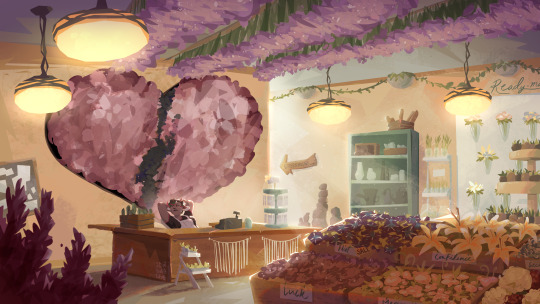
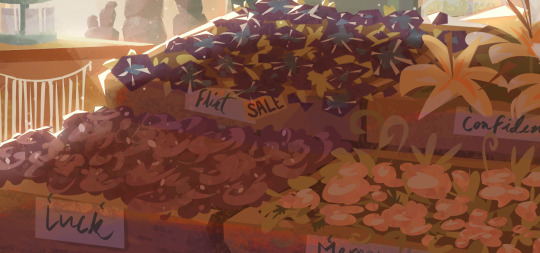
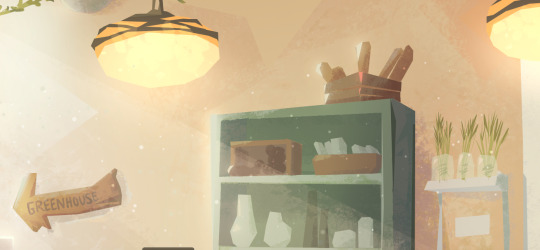
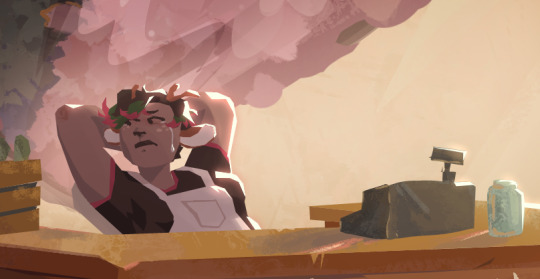
tfw youre a satyr girl who just got dumped but you still have to go to work at your flower shop even though youre a lil bit heartbroken
#ssc art#concept art#artists on tumblr#my ocs#environment design#environment art#her name is:#jade spring-park#flower aesthetic#fantasy art#satyr girl#faun oc#testing a concept art-ish style! difficult for me but fun#anyway fun fact jade is actually the antagonist of the story shes from#im considering pitching this at some point so i dont want to dump the whole plot but rest assured - she'll be ok and she'll get her revenge
96 notes
·
View notes
Note
ngl voyager gets a whole lot of very disproportional hate from the fandom and i'd hazard a guess that a lot of that is just garden-variety misogyny (and probably racism mixed in, considering how many of the most prominent characters are women, poc, or both). like, is voyager perfect? absolutely not. and no spoilers but there was a lot of executive meddling that wound up leading to the finale/conclusion being lacking and there's a lot of reasonable dissatisfaction with that--but again that was largely thanks to the execs fucking the show over and i recommend looking into that if you can once you've finished the show. but overall? voyager is trek right to its very core--it has heart, it's about family, and it never loses sight of that imo, even if some episodes are weaker or just duds (but, like, would it be a trek series without some episodes that just kinda suck but are still fun to watch???)
anyway, i absolutely love that you're getting into voyager, it is my all-time favorite trek series to this day for a lot of reasons, and i hope that ppl like that anon dont put you off bc i'd love to continue to see your thoughts as you watch the series!
Oh, it would take a whole lot more than some anons being salty that others enjoy things to turn me off :D
Thus far (I lost internet last night so I’m still only on Episode 7 of Season 2), Voyager is the Trekiest Trek I’ve watched. Which is a weird sentence, but I mean it in the way you said it’s “trek right to its very core.” What is Star Trek, if we strip the intent of the story down to its basics? It’s about exploration, discovery, that “wagon train to the stars,” wrapped up in the argument that life is fundamentally good. We have problems, but we can work past them. We have differences, but they strengthen us. Diversity is the lifeblood of the universe and the future will continue to improve so long as we embrace that.
Voyager is (again, from what I’ve seen so far!) basically a love song to that premise. I didn’t do too deep a dive because I’m trying to avoid spoilers, but I did look at a couple threads discussing why Voyager is so hated. Again and again I saw the same reason pop up: wasted potential. Now, a lot of fans left it at that (as if the answer to what potential Voyager apparently missed out on is self-evident. It’s not), but those who did expand on the idea consistently claimed that the show needed to be darker than it was, even if they rarely said it like that. Why aren’t the Federation and the Marquis at each other’s throats? Why isn’t the crew going crazy under these circumstances? Why aren’t characters getting killed off left and right in hostile space? “Anything could have happened out there and they played it safe!” but the “anything” here is always... awful. There’s this very pervasive idea that the world is inherently cruel, people are inherently divisive, that when pushed to the brink everything will fall apart... and that (while making for one kind of great story) is very much not Star Trek.
See, Voyager created an unimaginable scenario--lost in space, 75 years from home, forced to live indefinitely with strangers--and their answer to the question of “What happens?” is “People make it work.” They learn to respect one another, they uphold their ideals, they maintain a love of life and discovery, and they create a family. And that’s fucking fantastic. That’s Star Trek! I’m not going to pretend there aren’t problems with the show, with plenty more to come, I’m sure, but I don’t think this is one of them. Why do so many viewers think that hatred, horror, death, and growing jaded is the only potential here? Why would they expect that in a Star Trek show whose premise is the very antithesis of those things?
“But they don’t do enough with those things, even if they have happy outcomes.” They do plenty, they just do it in an episodic rather than serialized nature. I can point to multiple episodes where the replicator rations or Maquis differences are driving the characters’ actions. “But without that horror there’s no conflict.” There’s plenty of conflict. Hostile aliens aside, I just watched an episode where Tuvok and Chakotay are pissed as hell at one another because they fundamentally disagree over how to handle problems, but--because they’re adults with a well-tested respect for one another--they apologize and work through it. “But the characters don’t develop at all.” You mean they don’t grow harder. That’s not the same thing as no development. Tuvok is figuring out how to be more flexible, Chakotay is becoming more willing to accept cultures he doesn’t agree with, Harry is growing more confident now that he’s far from home, the Doctor is learning to see himself as a person, Paris is grabbing his second chance with both hands by making strong ties, and Janeway is learning to command and care for her crew simultaneously. I honestly believe that a lot of people think of “character development” as the character becoming a fundamentally different person, unrecognizable from where they started out. But characters can also grow into the people they wanted to be in the first place. “We’re far from home, in hostile territory, tempted to do horrific things to survive... but no. Right now at least, we’re holding onto who we are. We’re scientists, so we’re going to explore and learn. We’re peaceful, so we’re going to make friends with as many species as we can. We’re members of a society that teaches acceptance, so we’re going to form a family on this spaceship.” That’s incredible!! Did fans miss why Seska was an antagonist in the episode she was unmasked? Because she was trying to convince them to give up everything they believe in in the name of survival, an ends justify the means argument. And the crew said no, we will not give up what we believe in just to make it through. I legit saw a ton of fans saying some version of, “I can’t believe they were that far from home and actually followed Starfleet’s rulebook.” It’s because those rules don’t exist for the hell of it. Overlooking their practical function, they’re a philosophy that the characters believe in, and they’re figuring out how important that part of their identity is to them under these circumstances. Am I willing to steal a specie’s technology if it gets us home? Am I willing to die to help another uphold their own philosophy? (Chakotay in “Imitations”). What regulations should we bend or change to accommodate our new situation? The first two things Janeway does are a) giving the guy who just came out of a penal colony a rank and b) deciding that she needs to be more familiar with her crew than is normally encouraged for a captain because she’s essentially their mom now. Developing doesn’t have to mean characters do a 180 on their initial personality, or characters getting killed off when stuff gets “boring” so that others can do edgy things in response.
Voyager upholds Trek’s premise and runs it to its logical conclusion:
Voyager has the most literal trek--a trek back home.
Voyager has the most diverse crew--a woman Captain, Native American First officer, black Vulcan, Asian-American communications officer, and a White Dude pilot that realizes he wants to be soft and kind towards those who took a chance on him because Toxic Masculinity who?
Voyager has the most literal family--not just a 5+ year mission, but a crew who expects to raise the next generation. They have no choice but to work together, so they indeed come together rather than pulling apart
Except they do, of course, have a choice. In “The 37′s” the crew is allowed to stay on the Earth-like planet with a city of other humans and Janeway is convinced that a sizable number will choose that. After all, they may never get home and this is a safer, kinder future for them. In fact, the real question is whether so many will stay that they can no longer run the ship... but Janeway would never dictate her crew’s choices in that manner. So she swallows her worry down, opens the door...
... and finds that not a single person decided to stay behind. And the show has ensured we understand that this is not just because they all have some unshakable belief that they’ll get home (many don’t), but because this is their family now. This is home.
And fans want to toss that out for a generic, gritty, sci-fi adventure where hope is scarce, the universe is cruel, and people need to be pushed to the limit just to admit that they maybe, sort of, like each other?? Obviously like what you like, but that’s a hard pass for me. I’ll take the bridge crew comforting each other in “Twisted,” thanks. Besides, we already have shows like that. And we already have DS9 which grapples with many of those dark, pessimistic themes. Voyager feels like a breath of fresh air, even within the breath of fresh air that is Star Trek as a franchise. It’s a show that says, “Yes, when everything goes wrong people will come together. They will love each other. They will make it through.”
What’s more Star Trek than that?
31 notes
·
View notes
Text
Le Cirque des Désenchantés
Greetings one and all! I welcome you to our humble circus! Look around you at the world outside, be not fooled by the glamorous blanket they will try and throw over your heads. Out there is a cruel world of misery and despair, a place where the downtrodden find no purchase and are left under heel, it is a gem covered in grim and dust. But, must we lay down and weep over this fact? Here, in this tent, we see the world for the way it truly is, and so we add our own color! The world will not give us the luster we seek, so we shall create it for our selves! Join us on this night, where even we can create our own best of all possible worlds!
Allow me to introduce myself~ I am your ringmaster, Voltaire!
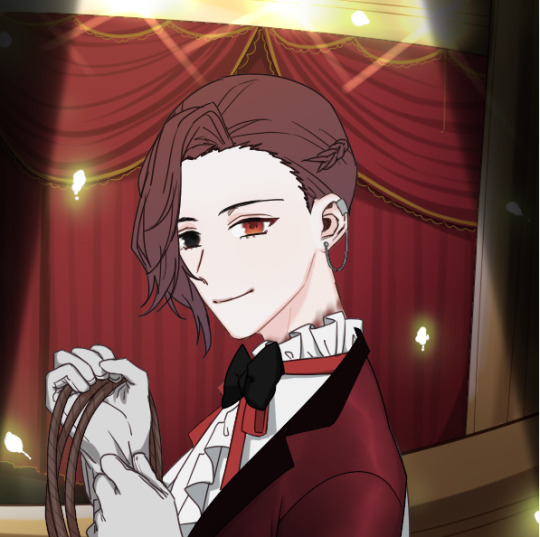
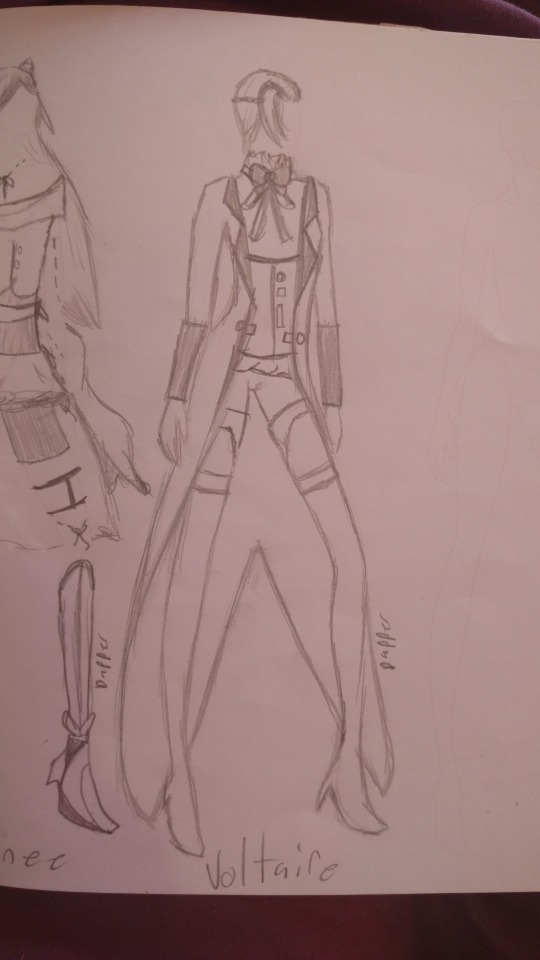
I have been told I’m a bit of an optimist, even in the face of this cruel world. I adore this circus with my entire being, having founded it and recruited each member myself. My special ability is called Candide, and it allows me to read the mind of an individual I make eye contact with.
Now, allow me to introduce some of our members~
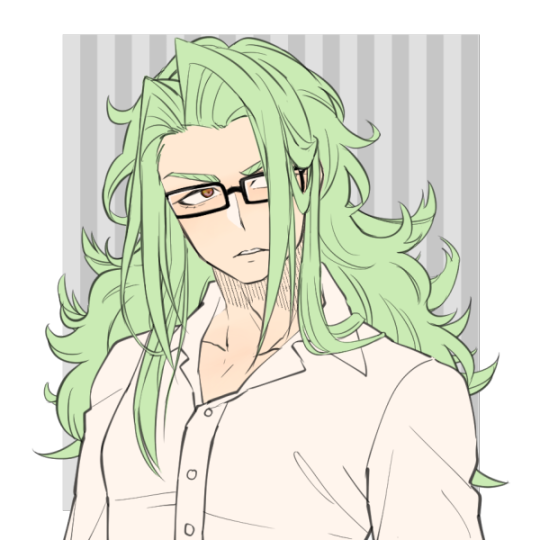
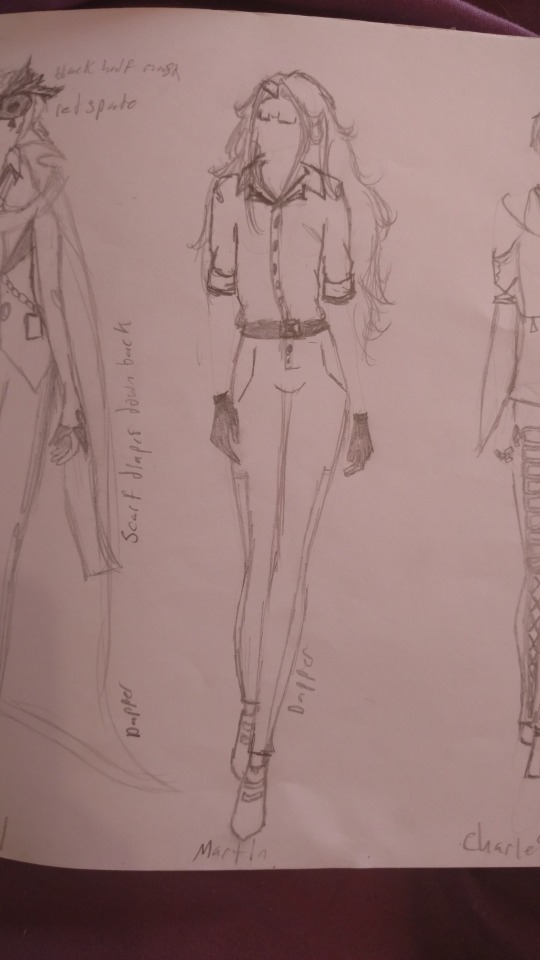
This man is Martin, a friend of mine since childhood. He’s not actually a performer, but he is essential to us. I suppose you could call him our strategist, he manages much of our back stage and helps keep me in check, This circus wouldn’t run nearly as smoothly without him. He’s a bit of a glass half empty kind of fellow, pragmatic through and through; I’ve tried to tell him he should lighten up a bit more for as long as I’ve known him.
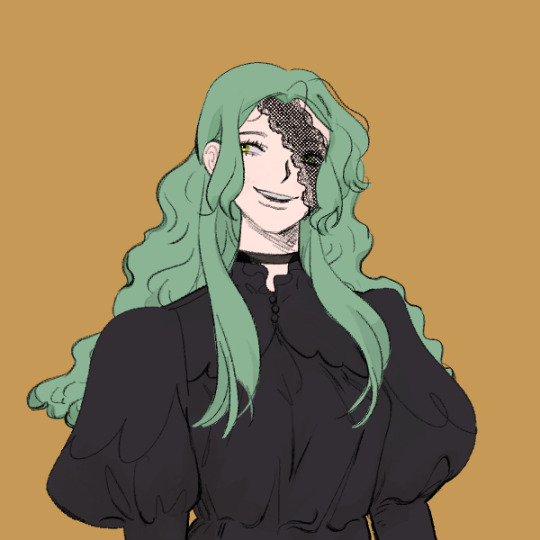
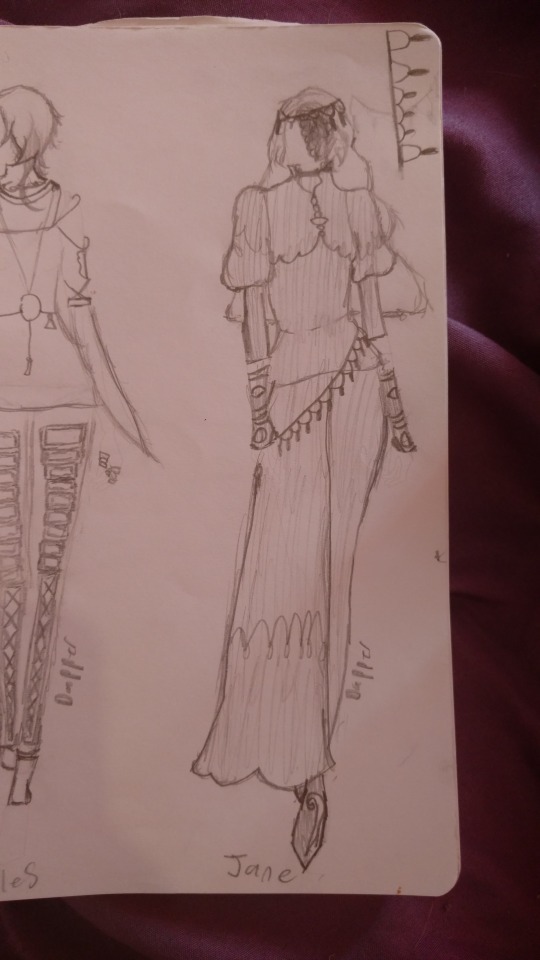
Jane de la Vaudere is our fortune teller. She carries with her an aura of mystique, but she is truly warm and motherly, especially caring to those of us in this circus. Her special ability is called La Sorcière d'Ecbatane, when her left eye is covered, she can see a limited glimpse of a person’s future, and when her right eye is covered she is capable of producing a myriad of fantastic magical effects, mostly harmless shows of light and such that we use in our performances, but she does have a few trickier spells up her sleeve.
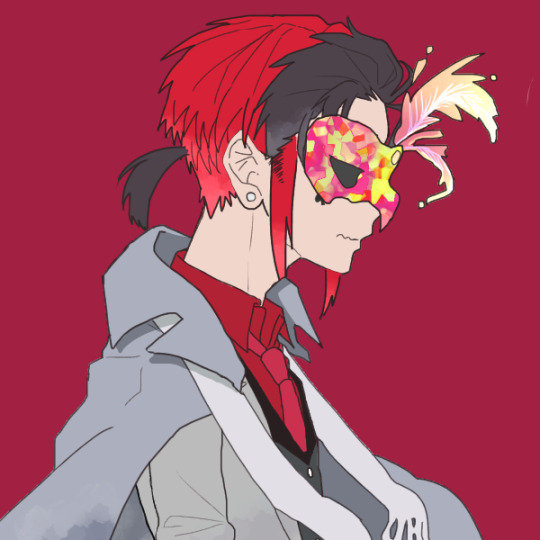
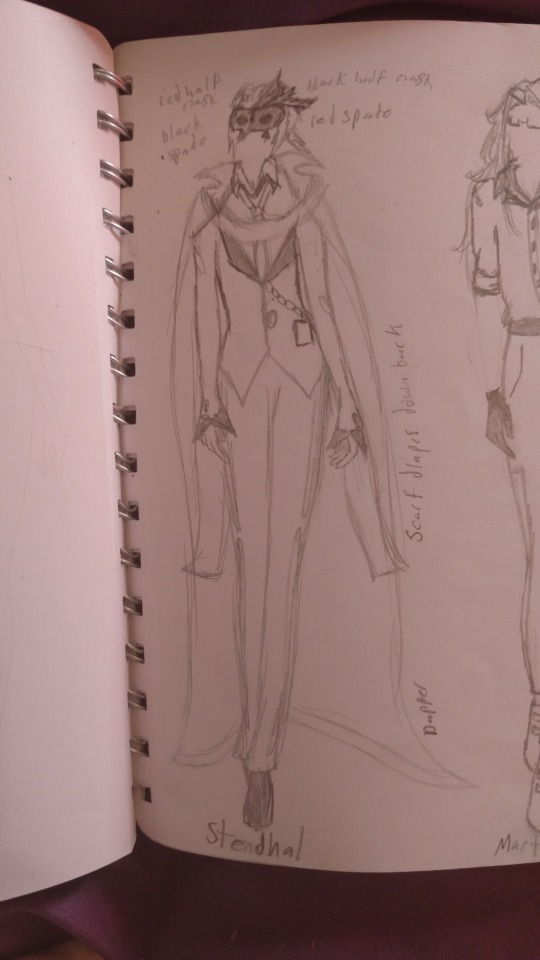
Stendhal is our master magician! As talented as he is with slight of hand, he’s an extremely shy fellow. The mask he wears is not only for the sake of his costume, it’s also a sort of security blanket for him, and he rarely takes it off. His ability is called Le Rouge et le Noir, which allows him to control playing cards.
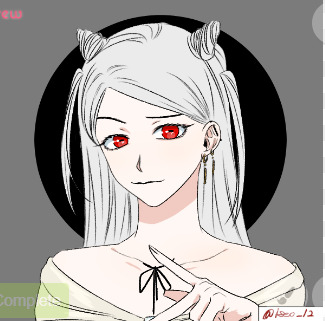
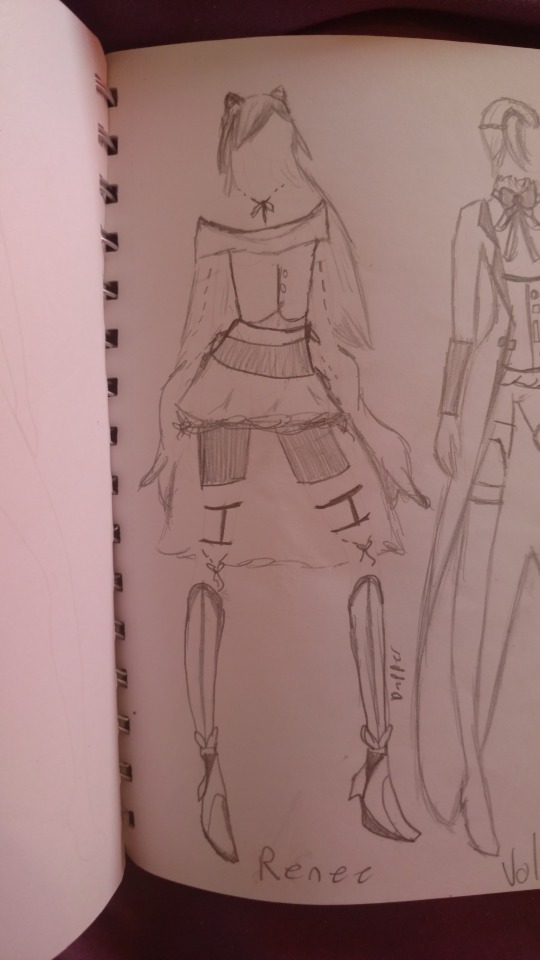
Renee Vivien is one of our performers. She loves luxury and relaxation more than pretty much anything, and adores a good celebration. Her ability is called Le Club de l'Enfer, allowing her to summon a group of tiny devil like creatures to do her bidding.
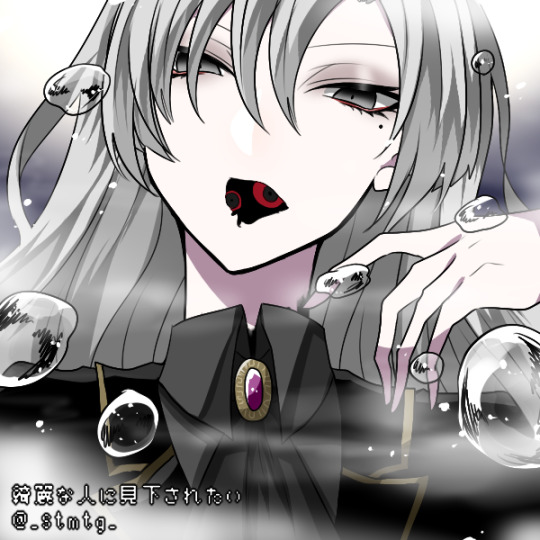
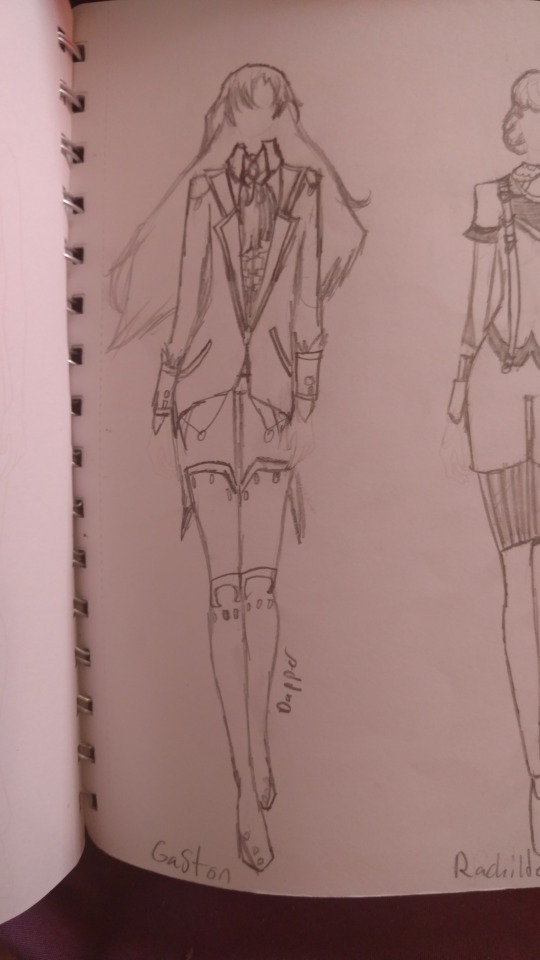
Gaston Leroux is a performer with us. Mysterious, quite, and aloof, those words work well to describe our precious Gaston. Be not deterred by his mannerisms and general lack of social skills, he dedicates himself in his entirety to this circus and truly cares. His ability is called Le fantôme de l'Opéra, from his body he can secrete an inky substance that he can manipulate at will, and is also able to to sprout eyes within this substance to look around an area remotely.
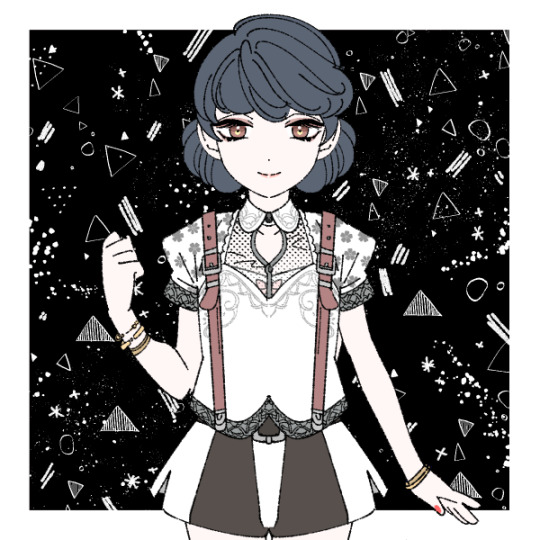
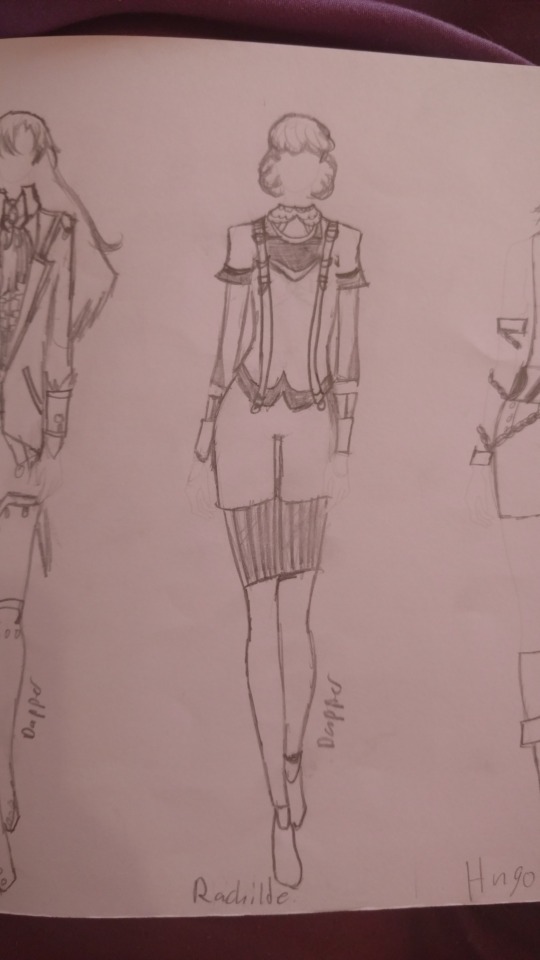
Rachilde is our beast tamer. Truly a gentle girl, she prefers to lead our animal performers through a kind touch rather than through whips as is traditional. Though she is very kind and gentle, she is not incapable of showing a, shall we say crueler side to herself; this rarely comes out though and only in the face of a threat to our family. Her ability is called Face à la Peur, letting her see her target’s greatest fear and then trap them in a mental space with an embodiment of that fear, the target is physically asleep until either she releases them or they somehow manage to defeat this fear.
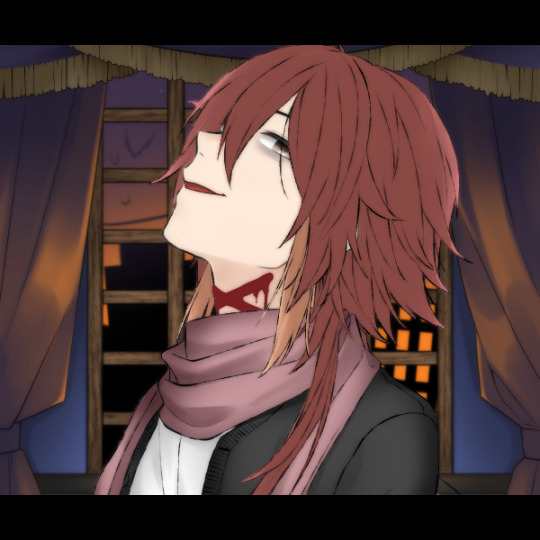
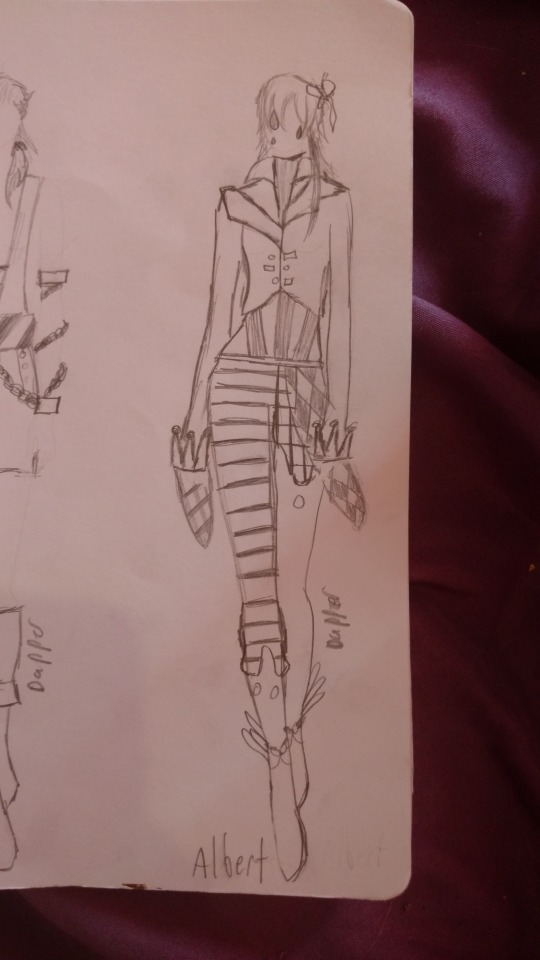
Albert Camus acts as our clown. Many people are put off by his face and admittedly very creepy demeanor, but that’s all surface level, inside he is a caring, sweet man who simply wants to make people smile and wishes others could see his intentions better than they often do. His ability is called L'Étranger, which allows him to induce temporary memory loss upon a target, making them a complete stranger to them self for up to a day.
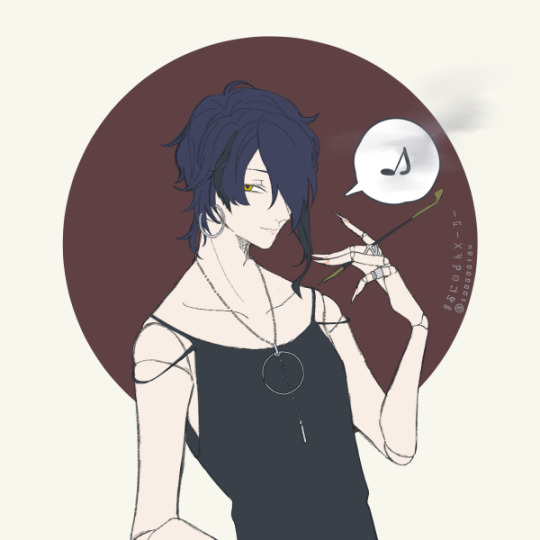
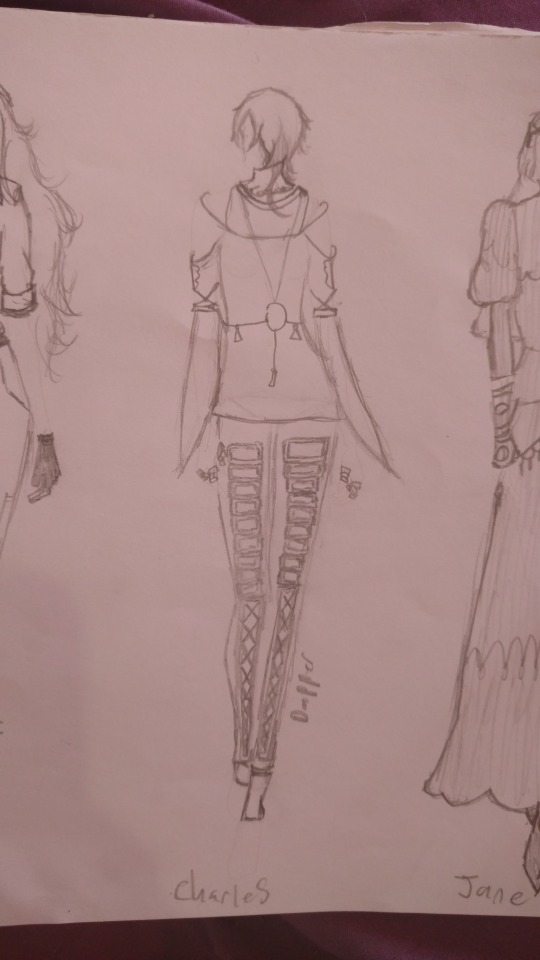
Charles Baudelaire is a dancer for us. Calm and graceful in everything he does, he is quite the fan of teasing his fellow circus members, but it all comes from a place of love truly. His ability is called Les Paradis Artificiels, he can create a special powder which he blows out of his pipe and into the air, effecting the ambiance of an area, usually used to either relax people so they let down their guard, or excite them.
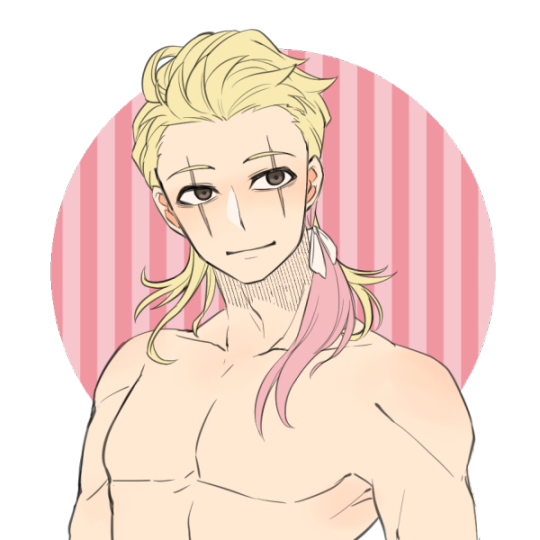
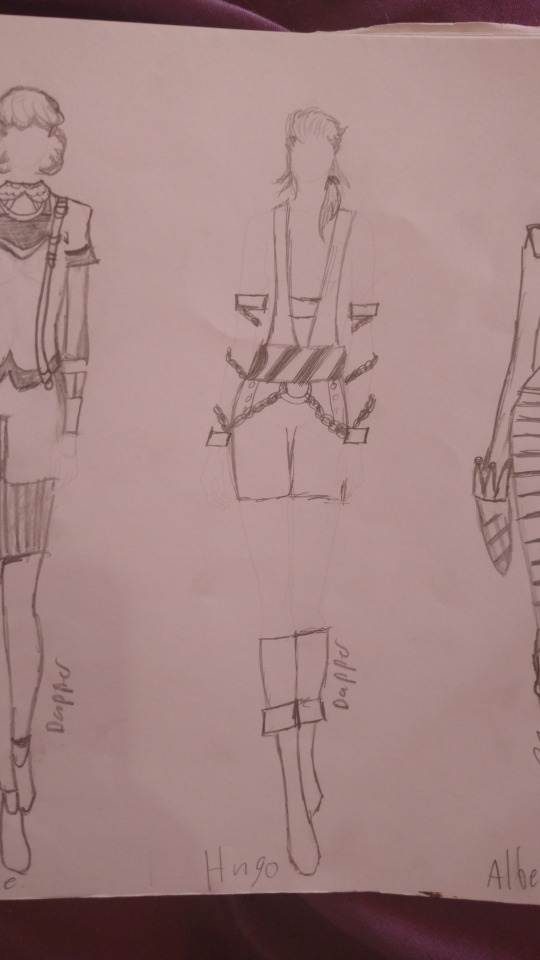
Victor Hugo is our strongman. He is the true definition of a gentle giant, and you can’ help but trust him despite his imposingly large frame. He’s an expert at controlling his incredible strength and is surprisingly dexterous with his hands, he loves to whittle wood as his hobby. His ability is called Les Misérables he is able to blanket an area in apathy, making it difficult for those within to muster up the energy to fight or even move.
And last, but certainly never the least, we have
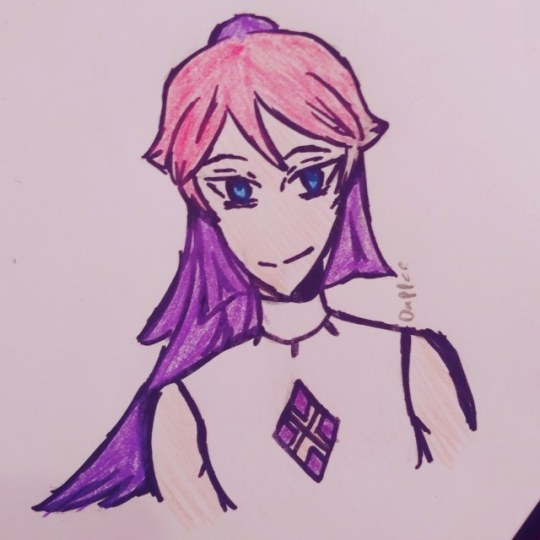
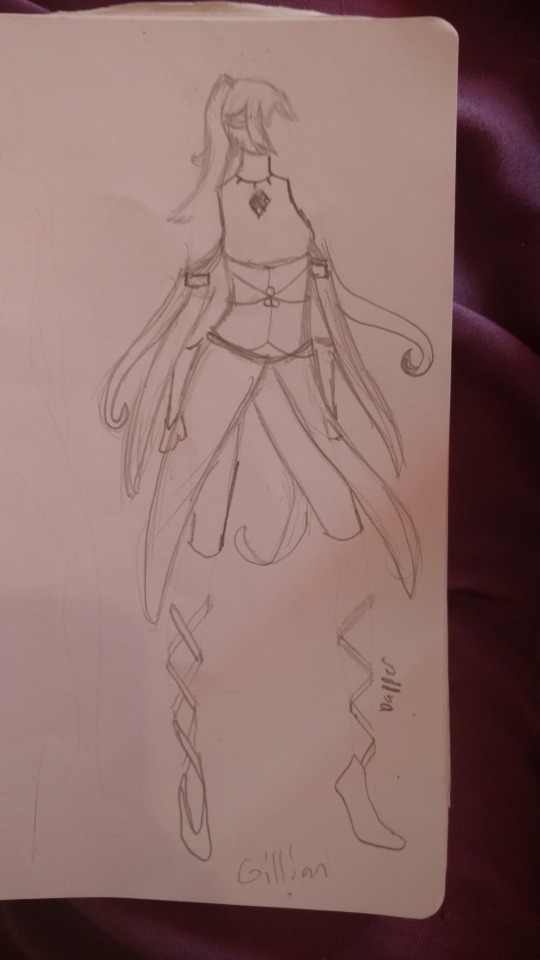
Gillian, our star acrobat. She is a master of the aerial silks and a sight to see on the trapeze, her balance upon the tightrope leaves audiences on the edge of their seats. She has a penchant for sarcasm and mischief with a sharp smile to match; beyond that, though, she is very easy to fluster with words, the only place she’s never lost her composure is in the air. She adores our circus family more than anything, seeing it as the only thing worth truly caring about for the most part. Her ability is known as l'Essence de l'Humanité, an ability that greatly increases the strength of other abilities; it works best through physical contact, but if she puts her full concentration on an ability user and so long as she keeps that concentration and they remain within her line of sight then it will also take effect.
Dear disillusioned, we hope to see you come around to enjoy our spectacular performance some day, where you can forget your troubles for one night and enjoy an enchanted world~
---------
So yeah, this is the french group of circus OCs for Bungou Stray Dogs I’ve been talking about for a while now!
They are a very popular performance across Europe, though most audience members have no clue about the, hm, shadier jobs they take low-key.
These authors were chosen either because they’re famous and the first ones I thought of with the prompt of “French authors”, or they are from the decadence movement of French writing, which was a movement characterized by “self-disgust, revulsion at the world, skepticism, delight in the perverse, and belief in the superiority of human creativity over logic and nature”. I thought that fit in with the theme of this being a group of people who have come together after being looked down upon, beaten by, and exposed to the darker parts of the world, they are disillusioned from seeing a perfect world. But they have also decided not to be totally jaded depressos about this, instead for the most part adopting an attitude of “yeah, lots of things suck, but we can have fun together in a little world of our own creation”, which is the circus.
The circus is an extremely tight knit family and they all love each other dearly, all believing that they have to look out for each other since no one else will.
Story wise, I think they enter in between seasons 2 and 3 and would have their own season where they are actually the antagonists. Fyodor wants to continue to poke at the agency and try another approach at retrieving the book before he gets his own hands dirty by becoming more directly involved. So, he approaches Voltaire and tells him about a special book that can make anything come true, and that this book can be used to create the “best of all possible worlds” he so desires for his circus family. Under the guise of branching out in touring, the circus heads to Yokohama, Japan.
I have a bit of a plot worked out from there, but mostly pertaining to how the arc wraps up. This post is getting long, but I’d be happy to talk about that more later~
Anyway, please love my circus children, I worked hard on them.
Picrews: o, o, o, o, o, o, o, o, o
#bungou stray dogs oc#bungou stray dogs#bsd oc#self insert#self ship community#dapper inserts: circus#dapper ocs: bsd circus#dapper ocs: voltaire#dapper ocs: martin#dapper ocs: hugo#dapper ocs: charles#dapper ocs: jane#dapper ocs: stendhal#dapper ocs: renee#dapper ocs: gaston#dapper ocs: rachilde#dapper ocs: albert
29 notes
·
View notes
Text
The Night Voice Retrospective, Pt. 5
[Part 1 | Part 2 | Part 3 | Part 4 | Part 5 | Part 6 | Part 7 | Part 8 | Part 9 | Part 10 | Part 11 | Part 11.5 | Part 12]
Enough of the antagonists (for now), let’s move on to how the book handled characterization for the protagonists.
Everyone is out of character the whole damn book, I don’t even have anything clever to say
I know I’m being a bit unfair with that header, because there actually was a portion of the book where some of the characters were in character (see next point), but generally speaking, this was a huge problem throughout the book. Leesil was unrelentingly snappy and bitter; Wynn was mopey and despondent for no apparent reason (at least Leesil had an external motivation for his bad attitude, as uncharacteristic as it was); Shade was a pushover; Wayfarer had a bunch of growth off-page but the nature of that growth was never made clear, leaving her just kind of ambiguously different than how she had been; any possible growth that Osha might or should have had was ignored in favor of locking him into Jaded Nice Guy ™ mode for the rest of his time in the series, which I suppose is in-character until you consider that even Osha seems like the sort to maybe learn from his mistakes every once in a while; and Magiere and Brot’an were as good as not there for how little either of them did or said anything in the plot. For the most part, the only character whose attitude and actions consistently made sense in the book was il’Sanke’s, despite him literally not being himself, and the whole “being trapped inside his own head” thing rather severely limited the scope of aforementioned attitude and actions.
And, look, I get it. It’s the final leg of their quest, everyone’s sick of being trapped in il’Sanke’s apartment, no one is in a good mood. Leesil and Wynn’s uncharacteristic attitudes made sense in the first chapter, given the ongoing stress and irritation of their situation. That doesn’t explain why Wayfarer was pushing so hard to have Osha train with the She’ith given that she straight-up stopped talking to him once they got there. That doesn’t explain why Shade didn’t push back against Wynn sending her away beyond a brief moment of the dog equivalent of foot-stomping (twice). Why Magiere went along with “il’Sanke’s” obviously terrible idea for the orbs with, like Shade, only a brief token effort of reluctance. Why Brot’an suddenly no longer cared about the elven rebellion but still, for some reason, continued working alongside Magiere and co. despite no longer having a motivation to do so. See again the point about no one calling il’Sanke out for being aggressively and tellingly shadier than usual.
And as a result, since no one is acting like themselves, all the character dynamics were completely shot. Almost every conversation in the book is wooden and soulless, even when it’s supposed to be some kind of huge emotional turning point. It’s like every character had their heads so far up their own asses that they forgot how to interact with each other. Why their heads are so far up their asses is never explained, either. Again, the stress of the Neverending Sleepover at il’Sanke’s explains it for the first chapter or so. But, in all honesty, the vampire apocalypse as it ended up playing out isn’t that big of a direct threat to any of them. So far, they’re just hearing rumors (which were fabricated by the specter, anyway) that vampires are attacking stray villagers way out in the desert. So, even when you take into account that the specter’s lie ended up being true by sheer coincidence (wow, what a fucking plot twist), the stakes are still exactly as high as they were in Dhampir, which is “some country bumpkins we don’t know might be eaten.” Which, yeah, that sucks for the country bumpkins, but doesn’t exactly explain why everyone is so distraught that they keep getting into arguments with each other over nothing and emotionally withdrawing completely at the slightest upset. It’s a shitty situation, but not “everyone forgot how to be a person”-level of shitty.
I want to get into more specifics here, but honestly, it was such a widespread issue that it’s hard to pinpoint specific examples that really encapture the scope of the problem. Ultimately, for the majority of the book, I felt like I was reading about characters I had never met before who just coincidentally all shared names with the characters who I had been hoping to read about.
The Wacky Hijinx of Chap and Chane (would be great, if they were happening in a different book)
I have something good to say! I liked this part! Did you notice a few characters that I didn’t call out in the last point? That’s because Chap and Chane were actually in-character for this part of the book, it explored an interesting character dynamic that had been largely untouched so far, and Ore-Locks was there! Ore-Locks makes everything better. So, clearly I have no complaints with this part of the book, right?
You fools, I always have something to complain about.
While the rip-roaring adventures of Chap, Chane, and Ore-Locks were delightful and as in-tune with the saga’s overall tone of humor from earlier in the series, the problem is that this is neither the place nor time. The entire series is over in 200 pages and Most Aged Father is still alive, and we’re using precious, precious word count assing around with Chap and Chane in the Mines of Moria? Get out of my face with that! There are loose threads to tie; we don’t have time for fun!
This whole part would have been fine in the second-to-last book or some supplementary short story type of content--a book DLC, if you will--but oh my god, there is so much plot that needs to happen before the end and it’s not happening in favor of these clowns?
That said, these scenes were the most enjoyable in the book and reminded me that I was, in fact, reading an actual Noble Dead book. Chap and Chane’s petty exchanges were actually pretty funny, and Chane and Ore-Locks’ exchanges were extremely gay, which I am always in favor of. (And in how many other works of fiction can you reasonably ship a vampire with a dwarf? It’s amazing.) This is also where most of the follow-up on the Seven Leaves of Life subplot comes up, which, holy shit! An ongoing series plotline that actually got resolved! Wowzers. It’s a Christmas miracle.
Tomorrow’s post will continue with the theme of characterization, focusing primarily on Osha’s character arc and how that was handled. (I hope you guys like profanity.)
3 notes
·
View notes